By Glynn Wilson –
SLEEPY HOLLOW, N.Y. — Looking back on it now, with all the turmoil we face these days in the United States and American publishing, it must have been grand to be the first American writer to make a living with the pen — and to be acknowledged by critics the world over.
It’s been a long time since Washington Irving came up in any conversation I know of, publicly or privately.
But I just happened to think of him recently while camping in the mountains in between thunderstorms, which left us high and dry in a rain shadow. That’s when a storm passes by so close you can feel the cool breeze and the clouds hide the sun, yet no rain drops fall on your head and your campsite remains dry.
The sound of thunder off in the distance made me think of the Legend of Rip Van Winkle and the game of nine-pins, played by the old Dutchmen in the Catskills with their powerful gin that could make a man sleep for 20 years after only a nip.
Little did I know that the next phase of our journey would take us to Tarrytown and Sleepy Hollow and right to Irving’s door at Sunnyside on the Hudson River.
Continuing our search for places to camp in the mountains and the woods away from cities to escape the worst effects of global warming and climate change, we headed north on Highway 15 past Camp David and Gettysburg, camped in a state park in Pennsylvania for a few nights, then made our way to an amazing park we found out about in New York.
After we drove over the George Washington Bridge and crossed the Hudson River from the New Jersey Turnpike into New York State and passed Fort Washington, we turned left on Highway 9 which becomes Broadway and passed right through Tarrytown and Sleepy Hollow.
Upon arriving at Croton Point Park on the Hudson, setting up for a week and getting ready to take the train from the Croton-Harmon commuter train station to Grand Central Station, we took some time to conduct online research into Irving’s background.
Like most people, I guess, I only knew of Irving from his tales of the Headless Hessian and the sleeping drunk.
Who knew that Irving also published A History of the Life and Voyages of Christopher Columbus, A History of New York, and a five volume biography of George Washington, his name sake? He also traveled west in the 1830s after spending 17 years abroad and wrote A Tour of the Prairies and a history of the fur trading colony of Astoria, Oregon.
But what I found most interesting was that Irving is literally considered the first American freelance writer who made a living writing, including publishing stories in early magazines of the day like The Knickerbocker. He is credited with giving New York the nickname “Gotham,” which would later be used in the Batman comics, and with coining the phrase, “the almighty dollar.”
“We feel a just pride in his renown as an author, not forgetting that, to his other claims upon our gratitude, he adds also that of having been the first to win for our country an honourable name and position in the History of Letters,” Henry Wadsworth Longfellow wrote in 1859 about Irving’s accomplishment in creating a unique American literature.
He inspired Edgar Allan Poe, although Poe would later say not so nice things about Irving, calling his writing “unsophisticated.”
Sunnyside Estate
When taking the tour of Sunnyside, you will learn that Irving came to reside in the Hudson Valley where he was from, and would fight for the first copyright laws protecting the works of writers in the new United States. He also fought the first instance of imminent domain in the U.S. and New York when the railroad wanted to lay a track by the river passing through his property. He gave in when he was paid for the right-of-way — and the railroad agreed to give him his own train stop, so he could board and ride into the city himself.
Another intriguing thing about Irving’s story is how it ended, an enviable way to die. While many a European and American writer faced tragedy and early death, Irving lived to be 76 and died of a heart attack in his own bed only eight months after completing the final volume of his biography of Washington.
The story is told at his estate, now the property of the Historic Hudson Valley non-profit, that he knew it would be his last book.
“This will be my last book,” Irving said. “For if I started another, it would never be finished.”
They say his last words were: “Well, I must arrange my pillows for another night. When will this end?”
He is buried under a simple headstone at Sleepy Hollow cemetery, and he and his grave were commemorated by Longfellow in a poem published in 1876: “In The Churchyard at Tarrytown.” It concludes:
How sweet a life was his; how sweet a death!
Living, to wing with mirth the weary hours,
Or with romantic tales the heart to cheer;
Dying, to leave a memory like the breath
Of summers full of sunshine and of showers,
A grief and gladness in the atmosphere.
So we now see how Irving fits in with the tales of other American writers, such as my favorites, Henry David Thoreau and John Steinbeck. Their stories live on.
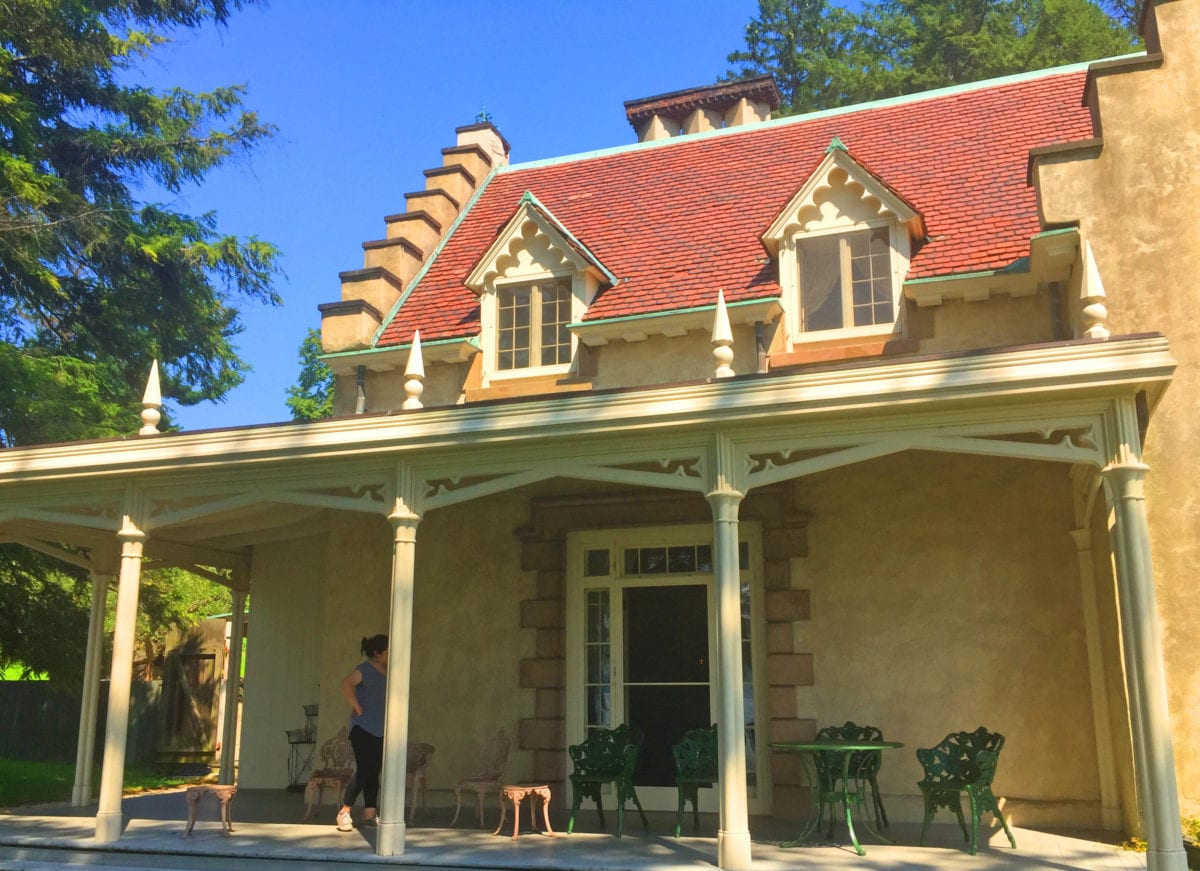
The back porch looking out on the Hudson River at Washington Irving’s Sunnyside estate near Tarrytown, New York: Glynn Wilson
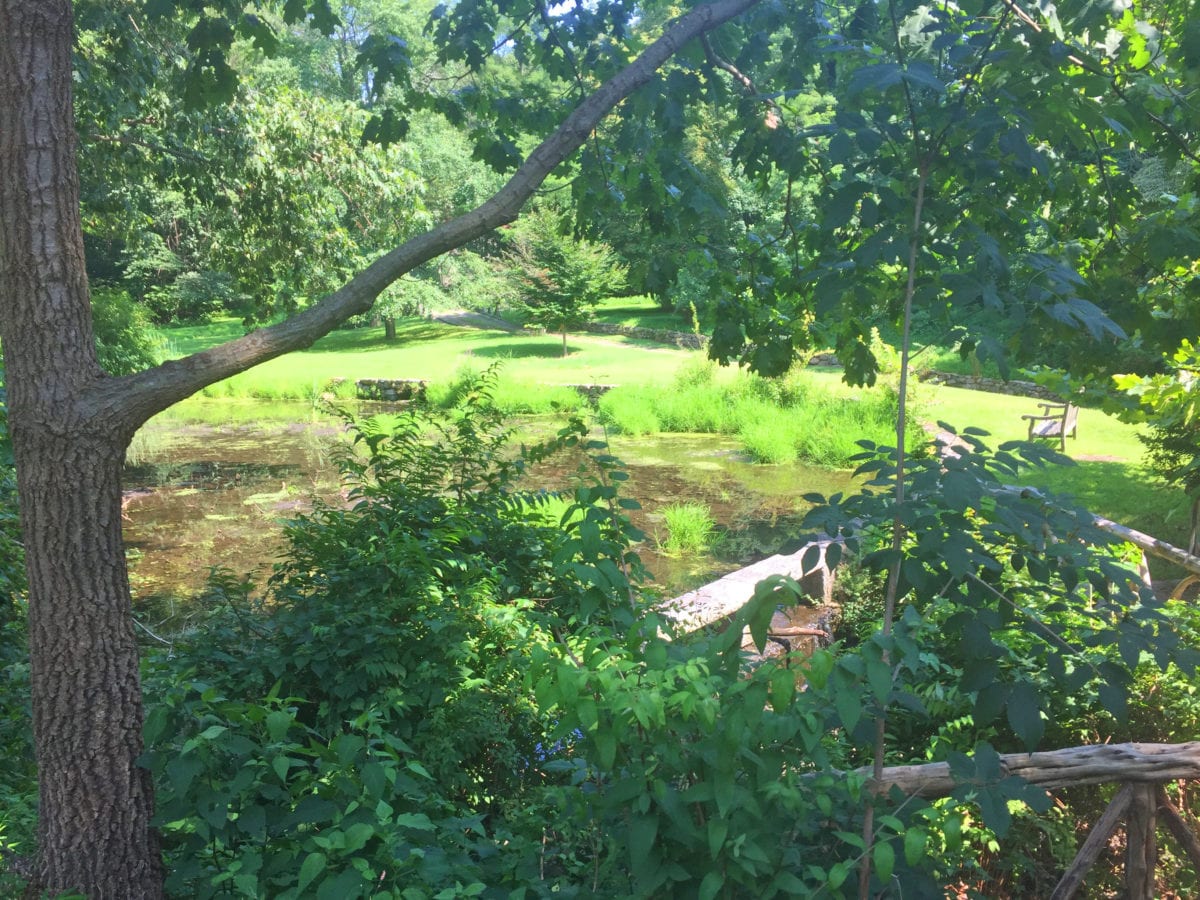
A peaceful pond on the grounds of Washington Irving’s Sunnyside estate near Tarrytown, New York: Glynn Wilson
Before you continue, I’d like to ask if you could support our independent journalism as we head into one of the most critical news periods of our time in 2024.
The New American Journal is deeply dedicated to uncovering the escalating threats to our democracy and holding those in power accountable. With a turbulent presidential race and the possibility of an even more extreme Trump presidency on the horizon, the need for independent, credible journalism that emphasizes the importance of the upcoming election for our nation and planet has never been greater.
However, a small group of billionaire owners control a significant portion of the information that reaches the public. We are different. We don’t have a billionaire owner or shareholders. Our journalism is created to serve the public interest, not to generate profit. Unlike much of the U.S. media, which often falls into the trap of false equivalence in the name of neutrality, we strive to highlight the lies of powerful individuals and institutions, showing how misinformation and demagoguery can harm democracy.
Our journalists provide context, investigate, and bring to light the critical stories of our time, from election integrity threats to the worsening climate crisis and complex international conflicts. As a news organization with a strong voice, we offer a unique, outsider perspective that is often missing in American media.
Thanks to our unique reader-supported model, you can access the New American journal without encountering a paywall. This is possible because of readers like you. Your support keeps us independent, free from external influences, and accessible to everyone, regardless of their ability to pay for news.
Please help if you can.
American journalists need your help more than ever as forces amass against the free press and democracy itself. We must not let the crypto-fascists and the AI bots take over.
See the latest GoFundMe campaign here.
Don't forget to listen to the new song and video.
Just because we are not featured on cable TV news talk shows, or TikTok videos, does not mean we are not getting out there in search engines and social media sites. We consistently get over a million hits a month.
Click to Advertise Here


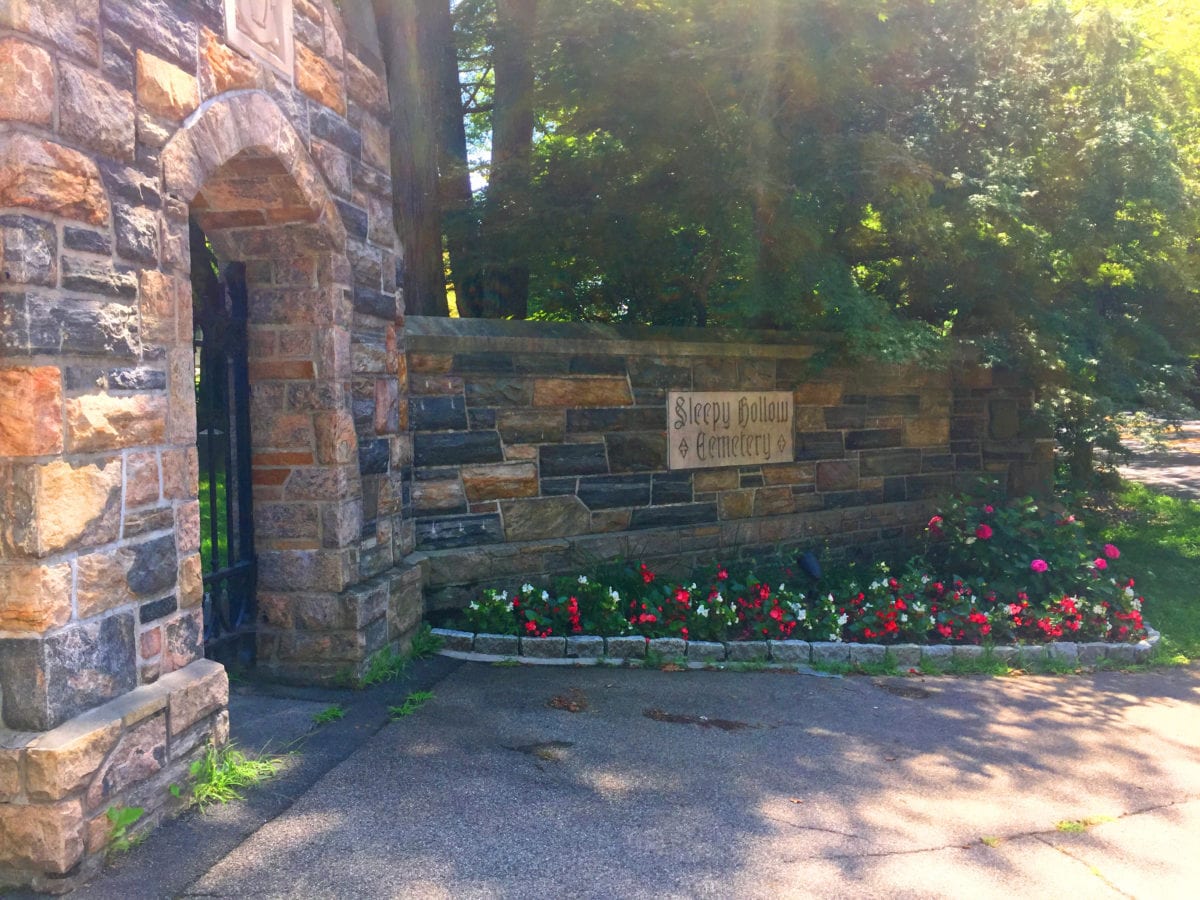
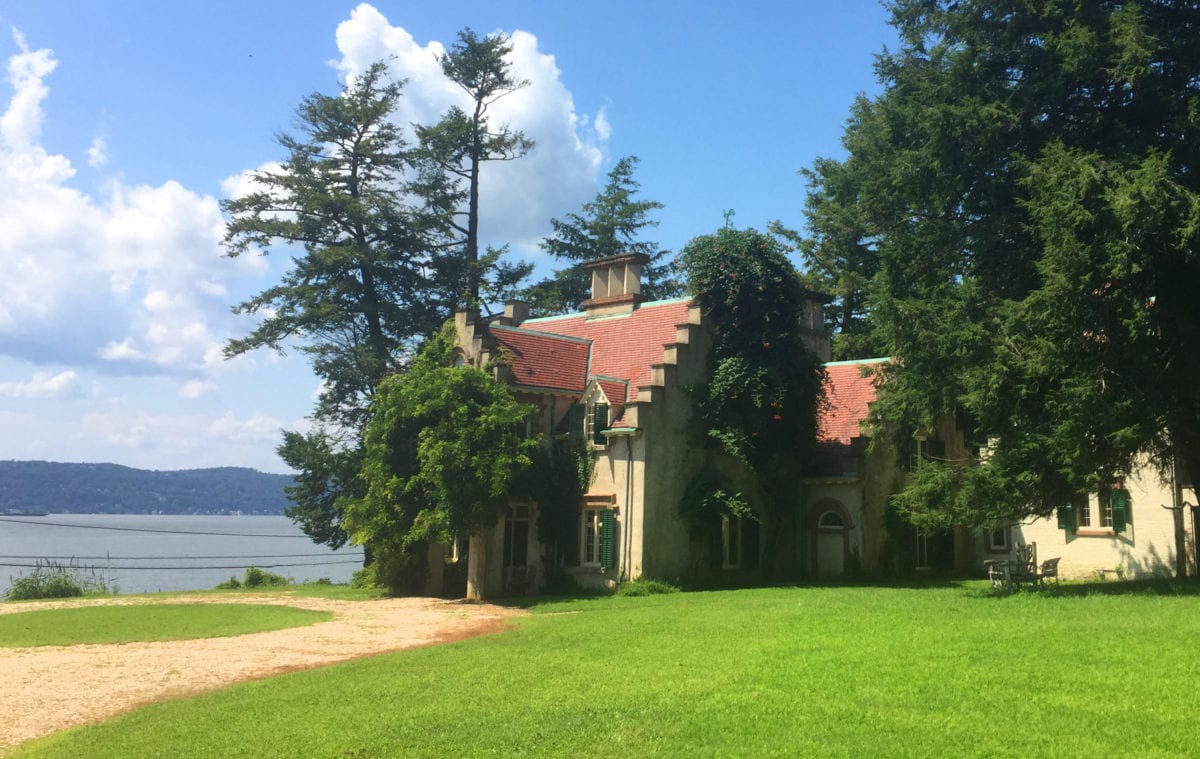
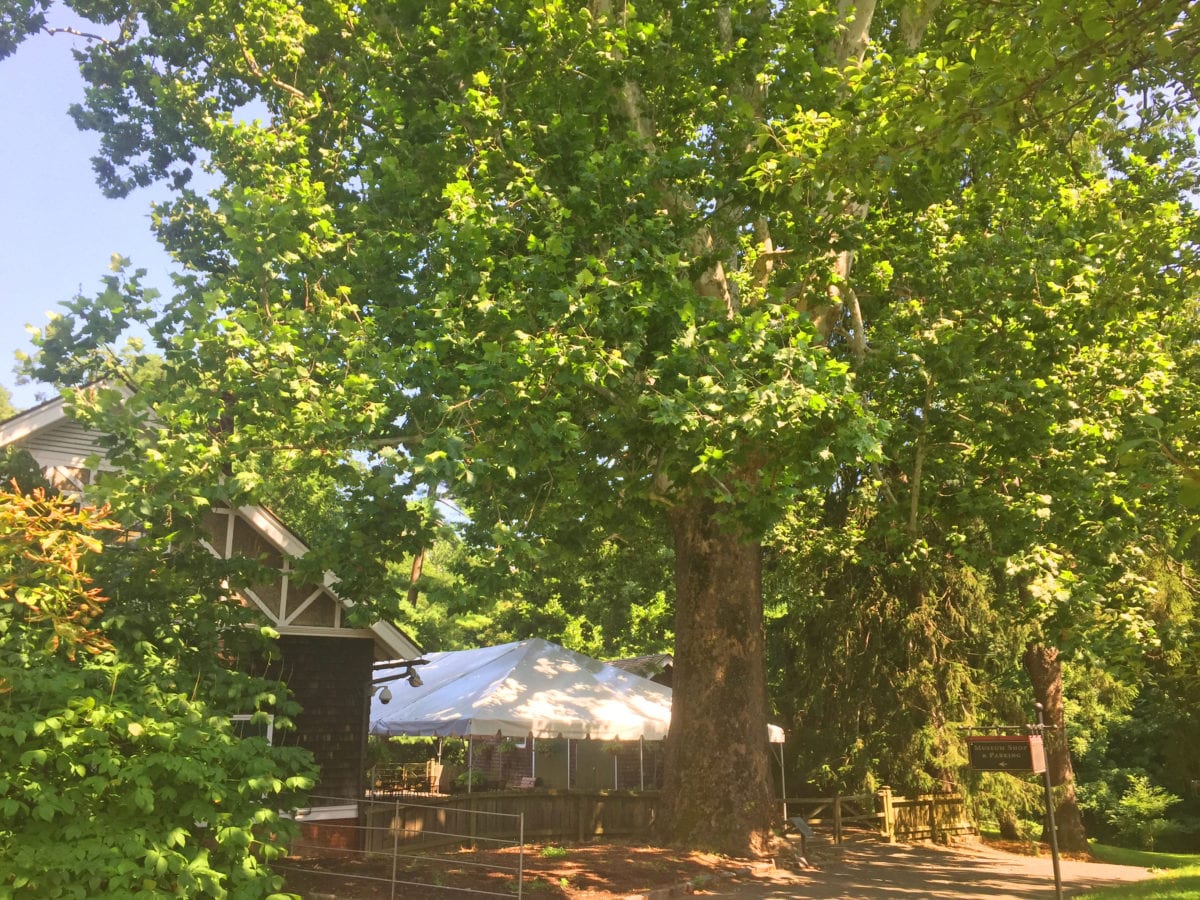
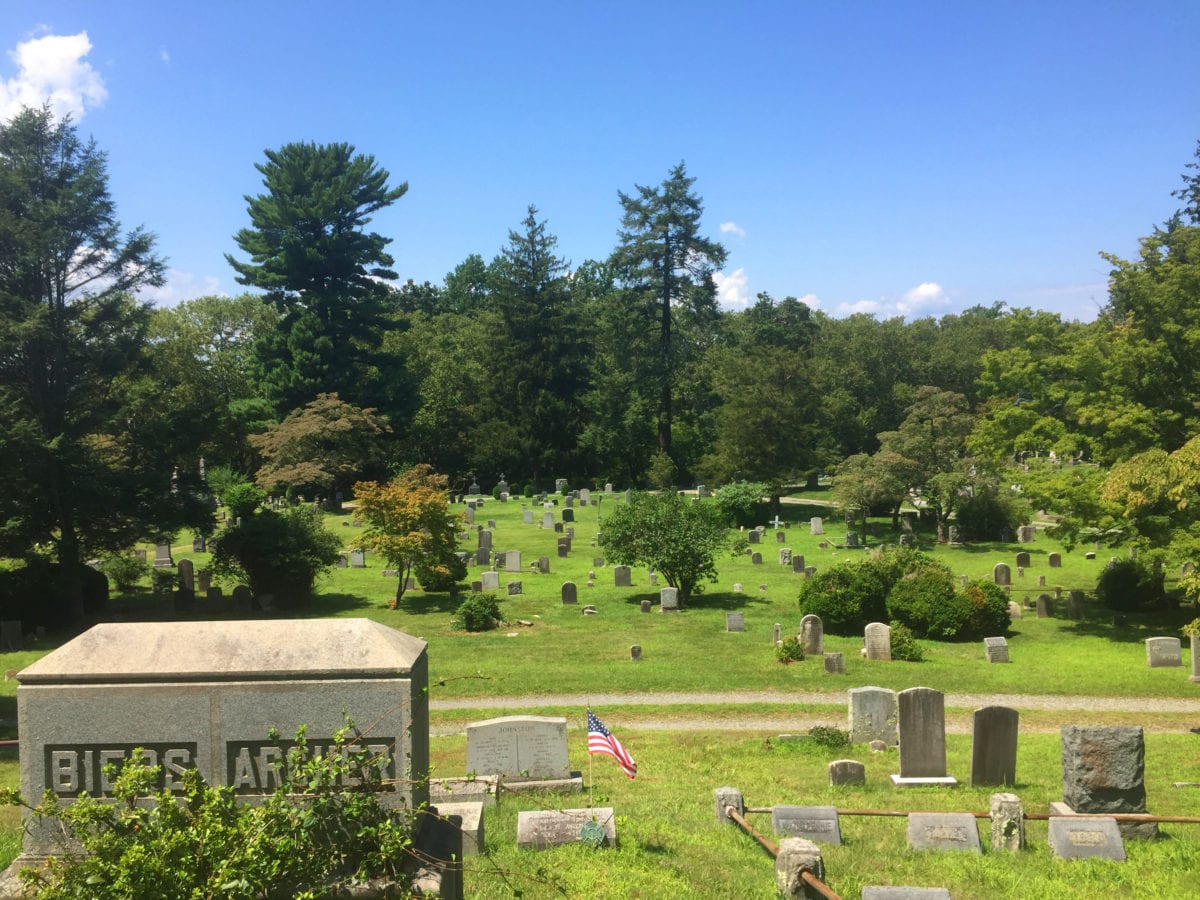













Glynn –
Very well done.
Steve